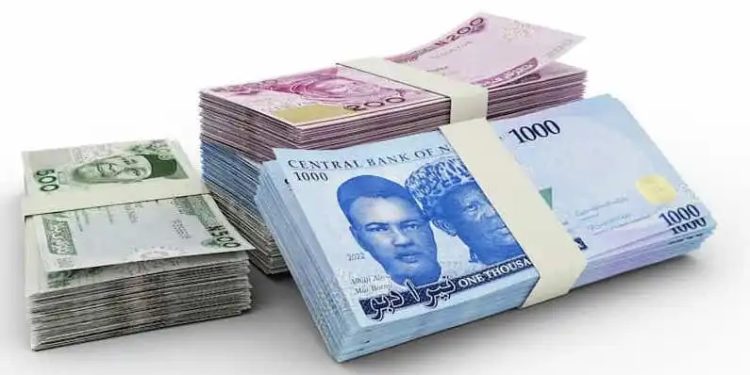Nigeria’s external reserves have experienced a decrease of 0.68%, dropping to $36.620 billion as of August 12, 2024, from $36.872 billion recorded on August 7, 2024. This decline follows a notable increase in reserves to $37.88 billion by mid-July 2024, up from $34.76 billion at the end of June.
The Central Bank of Nigeria (CBN) had previously forecasted a modest reduction in the country’s external reserves for 2024. This projection was detailed in the inaugural edition of its “Macroeconomic Outlook: Price Discovery for Economic Stabilisation” report, citing debt service and other financial obligations as key factors influencing the decline.
The CBN report outlined that external reserves, which stood at $33.09 billion in 2023, could see a slight decrease in 2024. This anticipated drop is attributed to ongoing payments related to foreign exchange forward contracts, matured swaps, and debt servicing. Despite this, the report anticipated that improved crude oil earnings and recent reforms in the foreign exchange and energy sectors would help mitigate the impact on reserves.
The reserves had previously exceeded $35.05 billion as of July 8, marking a significant milestone for Nigeria. Bala Moh’d Bello, a member of the Monetary Policy Committee (MPC), emphasized the importance of maintaining exchange rate stability to manage import prices and inflation. He noted that the central bank’s efforts to stabilize the foreign exchange market have led to increased foreign portfolio investment and reduced exchange rate volatility.
Lydia Shehu Jafiya, another MPC member, highlighted a 38.26% month-on-month improvement in foreign exchange inflows between April and May 2024, driven by higher receipts from both oil and non-oil sources. She also mentioned that the gross external reserves at the end of June 2024 were sufficient to cover 7.59 months of goods imports and 10.88 months of goods alone.
Mustapha Akinkunmi, also from the MPC, reported that the naira depreciated to ₦1,605.50 on July 19, 2024, from ₦1,525.00 at the end of June. The gross external reserves were projected to be about $32.93 billion by the end of May, enough to cover approximately 11 months of goods imports.
CBN Governor Olayemi Cardoso stressed the need for careful management of the fragile equilibrium in the foreign exchange markets. He noted that while recent stability is a positive sign, it is crucial to manage it effectively to avoid jeopardizing the recent progress in attracting capital flows and maintaining market stability.
This development underscores the ongoing challenges faced by Nigeria in managing its external reserves amidst fluctuating global economic conditions and domestic financial obligations.











